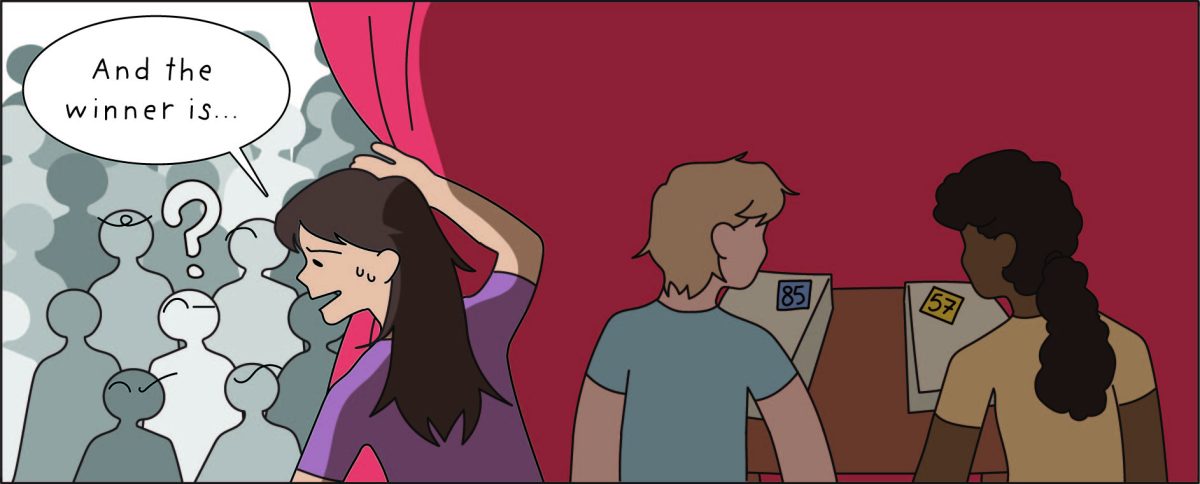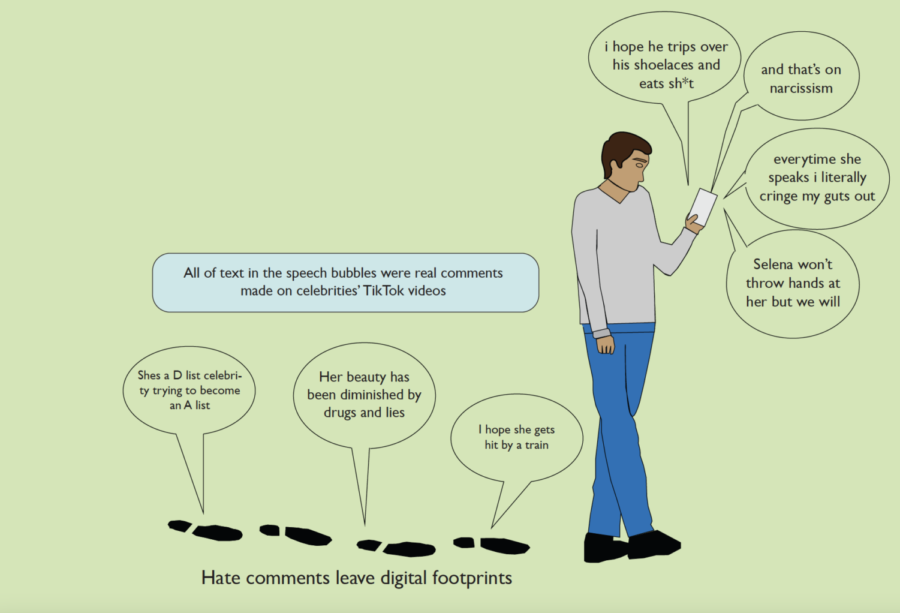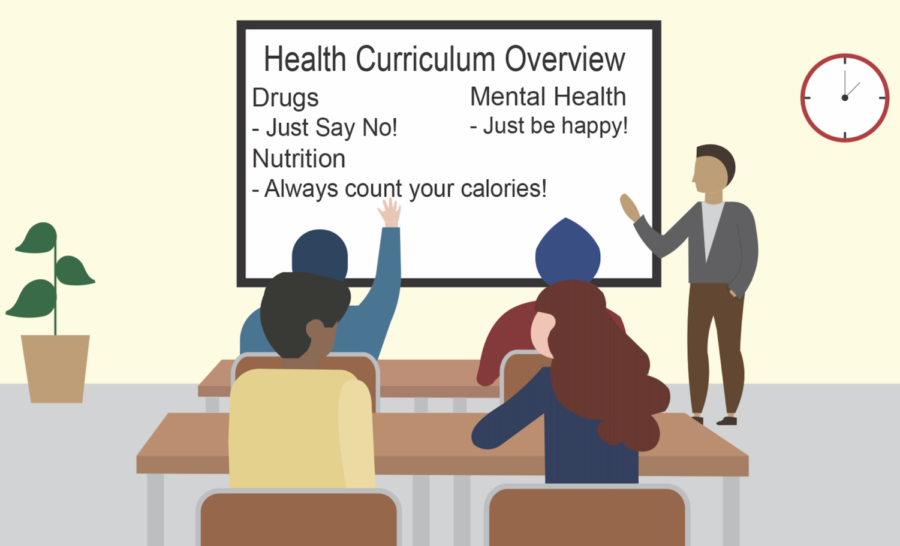“The Crucible,” “Of Mice and Men” and “Macbeth:” these are the classics many of us will eventually read in our English classes. The timeless themes of these books are so enriching that even today, teachers nationwide believe we can extract our own lessons about life and literature from them. Through books, we’re introduced to perspectives that we’d otherwise never encounter and ultimately, we learn to think in different ways.
Besides the inherent value of these books, what else do they have in common? They’re mostly written by older white men, with the youngest being 47. In the AP English 11 course offered at Inglemoor, seven of the eight books read are written by these white men. Sure, these stories are clearly distinguishable from each other, but we’re missing the cultural and personal stories unique to women, younger authors and those of color. The student body is young and diverse, so why are we primarily reading stories from one predominantly privileged demographic?
The process of changing the decades-old English curricula is filled with obstacles. According to English teacher Elizabeth Lund, the process behind introducing a new book into the curriculum requires a principal and a teacher from each high school in the district to read, approve and fill out a sponsor form for it. The original teacher must then find funding for the book –– which may not always be guaranteed from the department –– identify every passage that may be problematic to the district and prepare a presentation for the Northshore Curriculum Materials Adoption Committee (CMAC). This committee, composed of district teachers and community members, needs a plethora of information, from why it needs to be added to the curriculum to the exact sources of funding in order to get final approval. This process is daunting for both experienced teachers and those who’ve never gone through it before. If our English curricula is ever going to change, we must either simplify the process or help familiarize teachers with it. Our curricula deserves to be readily adapted so as to be relevant to the current student body.
While the IB program faces the same limitations, every IB and pre-IB curriculum at Inglemoor is much more diverse, with half of the works studied being written by women and/or people of color, in comparison to general education and AP English courses, which remain dominated by white male authors. It isn’t fully equitable for those not enrolled in intensive IB courses to remain unexposed to new ideas and global perspectives.
This year, IB Language and Literature 12 added “The Thing Around Your Neck” by female Nigerian author Chimamanda Ngozi Adichie. Lund said that despite the challenging topics described in the book, the CMAC was more willing to adopt it because it was for an IB curriculum. Two years ago, IB Literature 12 has added “Beloved” by African-American author Toni Morrison and “The Lion and the Jewel” by Nigerian author Wole Soyinka to the curriculum. The strides toward increasing diversity in these classes should serve as exemplars for the AP and general education courses to follow; it is unjust to reserve diversity for one curricular pathway.
Some teachers, such as Joanna Little and Kevin Bliss, who teach general education English courses, have recognized the importance of integrating works from a diverse range of authors into their curricula. Little has found a way to integrate works from underrepresented authors without having to undergo the same formal process with books; she introduces her students to poetry and short stories, which are also less costly to supply. This isn’t enough, though. While some English teachers are understandably attached to the classics and are hesitant to swap them out with other works, there is no excuse not to make space for new authors and stories that simply can’t be told by these older authors; every student deserves the experience of holding a novel written by someone they can relate to.
The English department and district need to coordinate a more efficient way of curating curricula that are relevant to us and the world we live in. We should keep the classics, of course, but not at the expense of excluding the empowering voices of those who have been historically silenced. Literature shapes the way we connect to the world, but that world should not just be white.






















